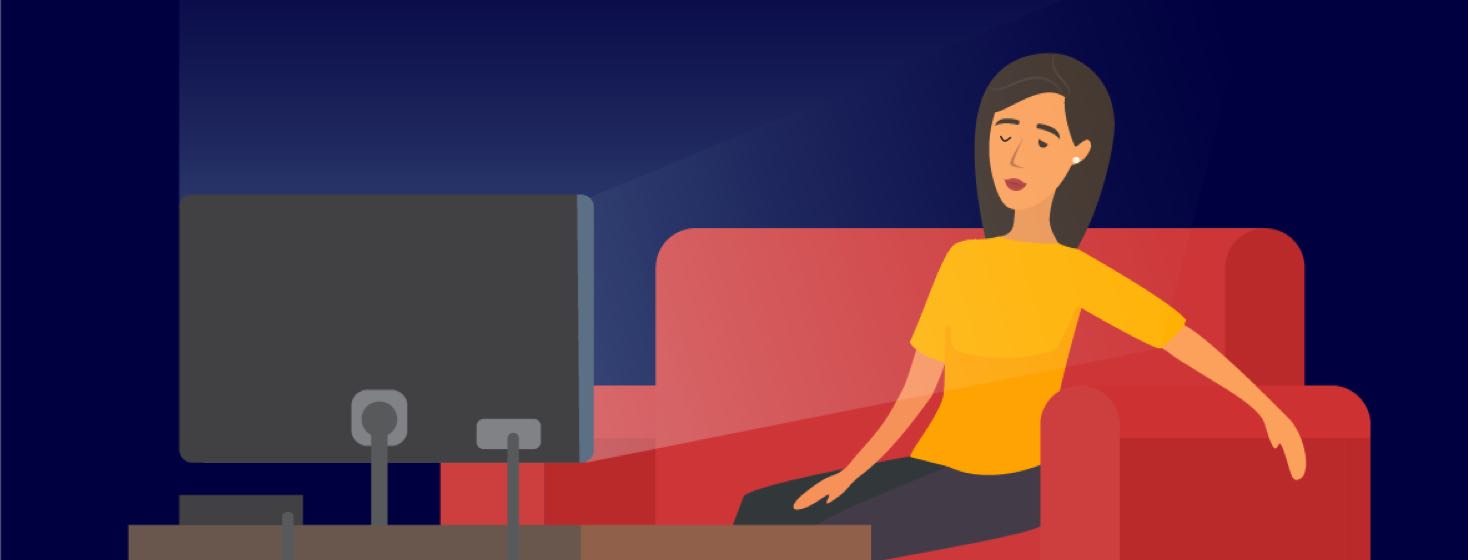How Insomnia Threatens My Quality of Life, Dreams and Aspirations
I need at least nine hours of sleep to process what happened when I was awake. So when I get less than that, the effects are immediate and debilitating in a subtle way. Sounds contradictory when subtle appears in the same sentence as immediate and debilitating, two words that bring a sledgehammer to mind. Insomnia, the subtle sledgehammer. It’ll smash your mind to bits but not so you’d feel it. How nice.
In a stupor
But it’s not nice, not at all. Insomnia is pernicious; it eats away at my waking hours until I barely have a waking life at all. This is how it goes most days. I barely sleep when I’m supposed to and I’m barely awake when I’m supposed to be. The result is that I sit in my recliner in a stupor for most of the day and get very little done. I perk up in late afternoon, my mind soon racing as if to make up for all the hours of not using it, have something to eat, and pour a scotch near the time I should be winding down to go to bed. It puts me to sleep a little faster, good old scotch, while in my recliner in front of the television. As long as I sustain that tableau, I sleep deeply and without snoring.
Marginally enough to function
Suddenly I wake to the sound of a commercial blasting and glance at the clock. It’s 2 a. m. and I don’t feel like peeling myself out of the chair, so I fall asleep again, waking every half hour until it’s 4 a.m. I rise with much difficulty, turn out the lights and go to the toilet, trying to sustain the grogginess I’ll need to fall back asleep. Once in bed my mind comes alive. Thoughts flood in, pulled under and over by endless riptides, roiling up hard feelings that I vocalize to an empty bedroom. Eventually my body temp drops, my mind quiets, and I fall asleep for a good 3-4 hours. I figure that 3-4 hours plus the hours I spent sleeping in front of the television ought to add up to 6 or 7 hours, which ought to be marginally enough to function. But I’m kidding myself.
How do I get a normal night's sleep?
The cycle of sleeplessness worsens my MS symptoms, too. When I make myself motivate during the afternoon my legs are much weaker, foot drop and balance are worse, and back pain is heightened while I’m on my feet struggling to stay vertical long enough to do simple tasks. What I really need is a normal night’s sleep. But how?
More physical activity.
Everybody from the surgeon general to Dr. Oz insists that physical activity is the best treatment for just about everything. But when I’m sleep-deprived, activity not only doesn’t help, it can be risky and set me up for a fall if I’m not paying attention.
Meditation.
Everybody from the Dalai Lama to Emma Watson is a practitioner. Years ago I was, briefly, a dilettante of Kriya Yoga. Clearing my mind was impossible; the more I tried, the larger the herd of thoughts that eventually stampeded across the silence. I gave up on meditation.
But wait, I found another method that works for me, kinda-sorta: prayer. Having abandoned my Catholicism for the most part, I did retain a rosary and total recall of rosary prayers. Reciting the entire rosary takes a long time, long enough to paddle my mind away from the riptide of thought and feeling. But sometimes it isn’t enough. My brain just won’t shut off.
Melatonin.
I started at 2 or 3 mg and it helped put me to sleep. Eventually I had to up the dose to 5 mg, then 10 mg. It didn’t keep me asleep and I stopped taking it. To my surprise, I felt groggy at the same time in the evening as always even without melatonin. Nix that.
Kissing my aspirations good-bye
Next I’ll consult my neurologist for more suggestions. I’m getting kind of desperate as I watch the days slip by in a semi-stupor and kiss my goals and aspirations good-bye. If I'm gonna write the great American novel, I've gotta stay awake.

Join the conversation